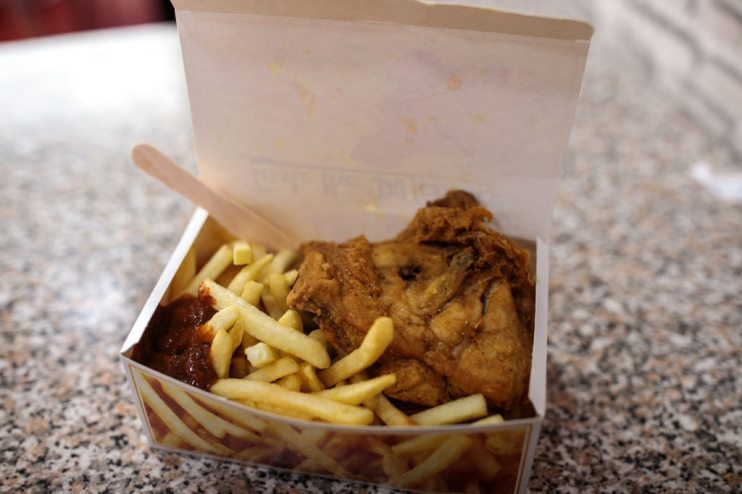Junk food ads restrictions on TfL network to save NHS £200m

The restrictions on junk food ads on the Transport for London (TfL) network are set to save the NHS over £200m.
According to a study published today by the University of Sheffield and the London School of Hygiene & Tropical Medicine, the ban has prevented almost 100,000 obesity cases.
In place since February 2019, the measures have also avoided 2,857 fewer cases of diabetes and 1,915 fewer cardiovascular diseases.
“We all know how persuasive and powerful advertising can be in influencing what we buy – especially the food we eat,” said Dr Chloe Thomas, one of the study’s authors.
“We hope that demonstrating the policy’s significant benefits in preventing obesity and the diseases exacerbated by obesity, will lead to it being rolled out on a national scale, something that could save lives and NHS money.”
London mayor Sadiq Khan said he was determined to continue “to improve the health of Londoners.”
“With child obesity putting the lives of young Londoners at risk it simply isn’t right that children and families across the capital are regularly inundated with adverts for foods that do not support their health – that’s why I was clear that tough action was needed,” the mayor said.
Khan’s words were echoed by TfL.
“The amendment to our advertising policy formed an important part of the mayor’s ambition to improve the health of Londoners and reduce childhood obesity through the London Food Strategy, and supports the work TfL does to make our city a better place through encouraging people to choose more healthy ways of travelling around the city,” said Chris Reader, the public body’s head of commercial media.